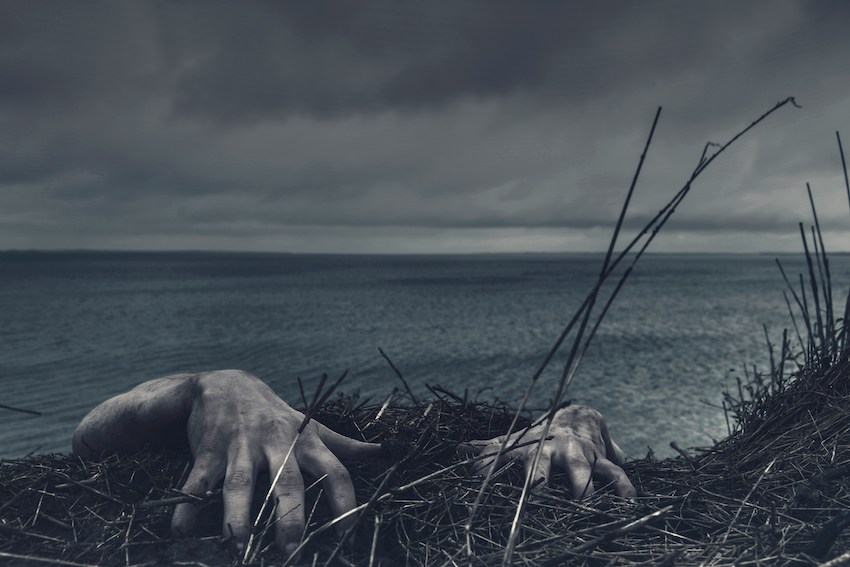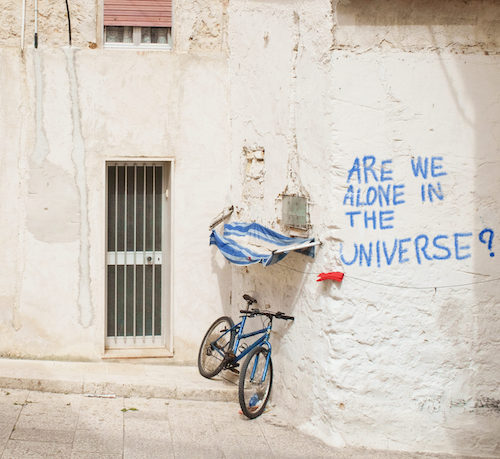Featured in

- Published 20220428
- ISBN: 978-1-922212-71-9
- Extent: 264pp
- Paperback (234 x 153mm), eBook


Already a subscriber? Sign in here
If you are an educator or student wishing to access content for study purposes please contact us at griffithreview@griffith.edu.au
Share article
More from author

On the forging of identity
Non-fictionThe night Sartre spoke in Paris can be seen as a hinge in time, the moment when modernity and its focus on individual identity came to the fore after the destruction of the old order. We are still living on the far side of the door Sartre pointed us through. Of course, modernity had a thousand authors. It was the product of billions of lives lived in close proximity. But Sartre, to me, best articulated a modern creed of what it means to be human.
More from this edition

Kangaroo Island 1819
PoetryThe fucker’s hanging in the air. The rope’s as black against the light as his black skin, though his skin is bright with sweat where the...

Old gods
PoetryOur old gods they are called false they are cut from the land like a mountain nothing holds firm the earth the hand will rise...

They cannot say their thoughts
(or, If Cohen sang Oodgeroo)
PoetryDance me to the rhythm of a language (I don’t speak) ’Neath sapphire-misted mountains they might kill (ya) Breathe out brokin holy in this land of...